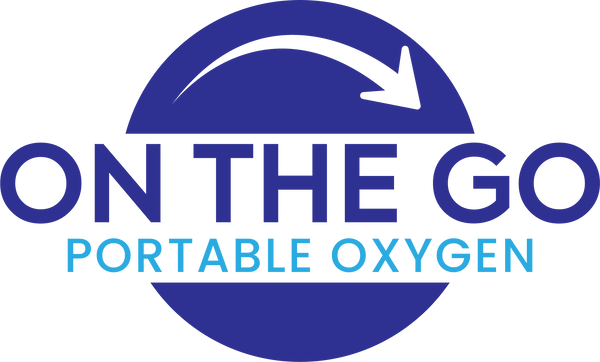Portable Oxygen Concentrators for Seniors: A Guide for Caregivers
Share
As a caregiver, ensuring that your loved one has access to adequate oxygen therapy can be challenging. Many seniors require supplemental oxygen due to conditions such as COPD, emphysema, or chronic bronchitis. A portable oxygen concentrator (POC) can offer them the freedom to move around while maintaining their oxygen levels. In this guide, we’ll explore what caregivers need to know about POCs, their benefits, and how to choose the right one.
What is a Portable Oxygen Concentrator?
A portable oxygen concentrator is a medical device that takes in ambient air, removes nitrogen, and delivers concentrated oxygen to the user. Unlike traditional oxygen tanks, POCs do not require refilling, as they generate oxygen continuously from the surrounding air. They are lightweight, battery-operated, and designed for use at home and on the go.
Benefits of Portable Oxygen Concentrators for Seniors
-
Increased Mobility: Unlike stationary oxygen units, POCs allow seniors to move freely indoors and outdoors.
-
Independence: Seniors can maintain an active lifestyle without being tethered to bulky oxygen tanks.
-
Ease of Use: Most POCs feature simple controls and displays that make them easy to operate.
-
Travel-Friendly: Many models are FAA-approved for air travel, making trips easier.
-
Improved Quality of Life: With access to oxygen therapy anywhere, seniors can engage in social and physical activities with confidence.
Factors to Consider When Choosing a POC
1. Oxygen Needs
-
Determine the oxygen flow rate your loved one requires (measured in liters per minute).
-
POCs offer pulse dose and continuous flow options; consult a doctor to determine the best fit.
2. Battery Life
-
Choose a device with a long-lasting battery, especially if your loved one enjoys outdoor activities.
-
Consider purchasing extra batteries for extended use.
3. Weight and Portability
-
Some POCs weigh as little as 4-5 pounds, making them easy to carry.
-
Look for models with a carrying case or a rolling cart for convenience.
4. Noise Level
-
Some devices operate more quietly than others. If noise is a concern, opt for a quieter model to ensure comfort.
5. FAA Approval
-
If your loved one travels frequently, make sure the POC is approved for airline use.
6. Maintenance and Durability
-
Regular maintenance is required to keep POCs functioning properly. Check the filter cleaning requirements and overall durability of the device.
Tips for Caregivers
-
Educate Yourself: Learn how to operate and maintain the POC to assist your loved one when needed.
-
Monitor Oxygen Levels: Use a pulse oximeter to check oxygen saturation levels periodically.
-
Encourage Usage: Help your loved one incorporate oxygen therapy into their daily routine without feeling restricted.
-
Prepare for Emergencies: Always have a backup power source and a plan in case of device malfunctions.
Where Can I Buy a Portable Oxygen Concentrator?
If you need help selecting an oxygen concentrator, our oxygen specialists can answer any questions you may have. Give us a call at 855-695-6036.
